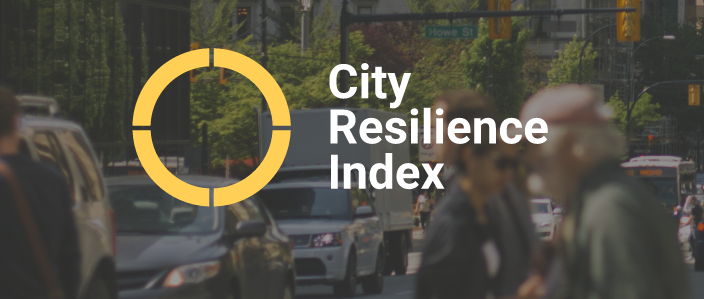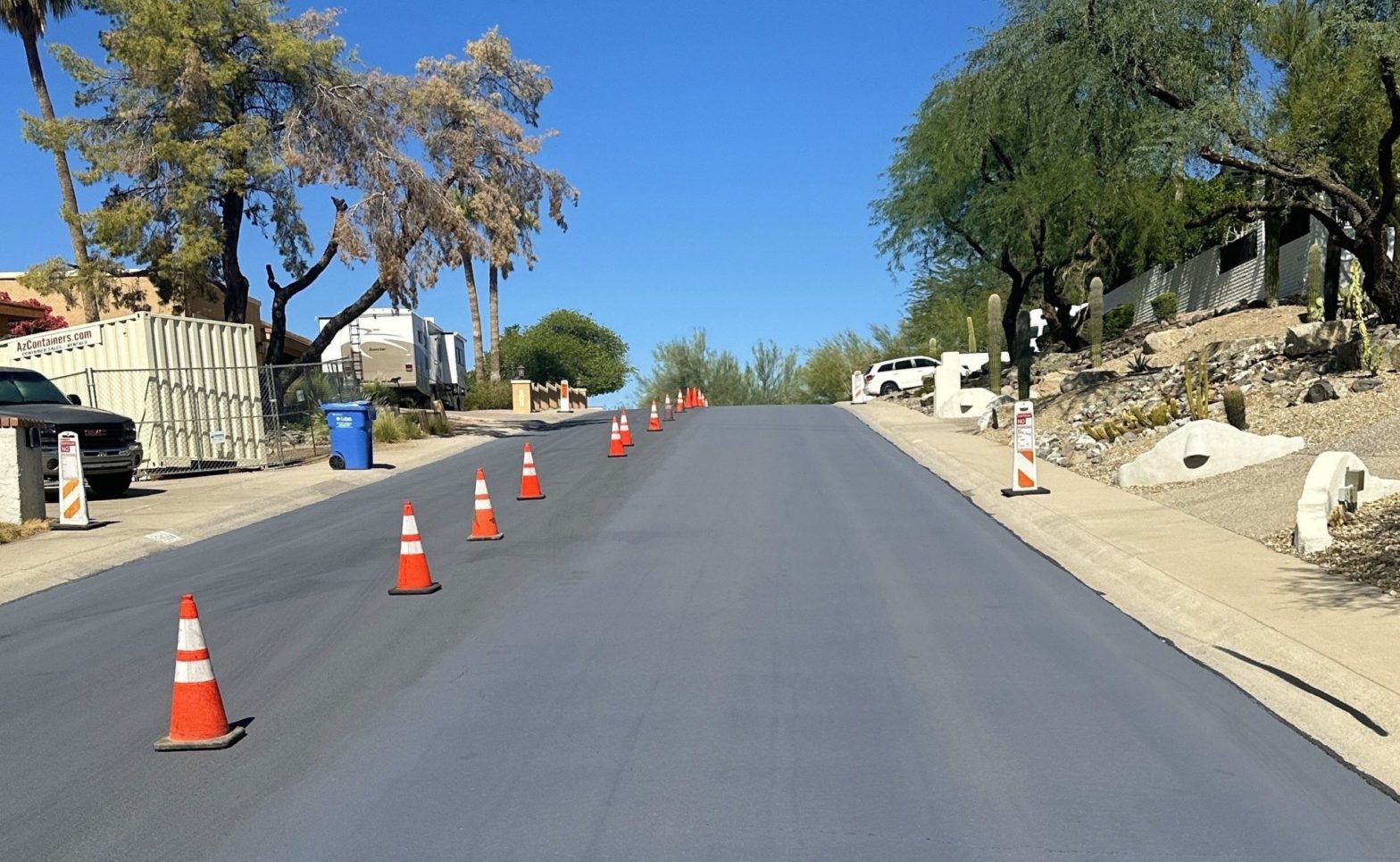
Photo: Screen-Shot-2016-05-24-at-09.10.53
Rockefeller and Arup release city resilience index
24 May 2016
by Jonathan Andrews
Engineering firm, Arup, and the Rockefeller Foundation have launched a new user-friendly index to help cities input data to assess their resilience and identify their vulnerabilities.
The City Resilience Index (CRI) is made up of 52 indicators. Through a secure online interface, cities can enter data related to the indicators which can assess diversity, awareness and self-regulation.
“The CRI was created over three years and in consultation with a range of cities globally,” said Judith Rodin, President of The Rockefeller Foundation. “It is designed in a way that cities everywhere will benefit from using it as a planning and decision-making tool, that can help them realise a resilience dividend from investments in their growth and the well-being of their citizens.”
A spokesperson told Cities Today that while there are many tools and indexes available to cities, the CRI is the only one that provides comprehensive insight into a city’s resilience. She said that the CRI is the only one that assesses challenges ranging from climate change to social cohesion and that cities can use independently.
“It has given direction to the discussion and helped to get us to where we are with understanding resilience in Glasgow quicker than we otherwise would have,” said Alastair Brown, Head of Sustainability and the Environment, and Chief Resilience Officer, Glasgow–one of the pilot cities. “We need to develop the [resilience] discipline more across cities, city authorities and partners. Ultimately, resilience in cities will be seen as being as important as economic development, sustainability and planning. It might not have the statutory backing other disciplines have but the value of building resilience into a city’s thinking will become more widely understood.”
Designed primarily as a self-assessment tool, the developers reveal that the CRI will generate a resilience profile that will show a city’s specific strengths and weaknesses, creating a baseline to plan from and measure future progress against.
“Every city is unique, and each faces specific challenges. But, the factors that enable cities to deal with disruption are universal,” said Jo da Silva, Director, Arup. “The CRI captures the breadth of issues that contribute to a city’s resilience. It provides a practical means to measure resilience, and a common language that will enable cities to learn from each other.”
The CRI is free and available to any municipality. To apply see: http://www.cityresilienceindex.org/






